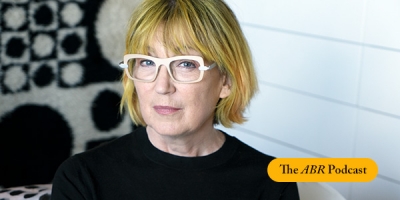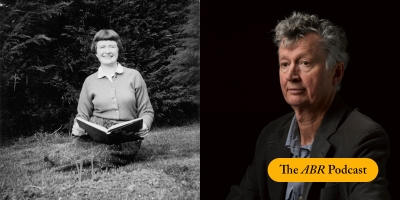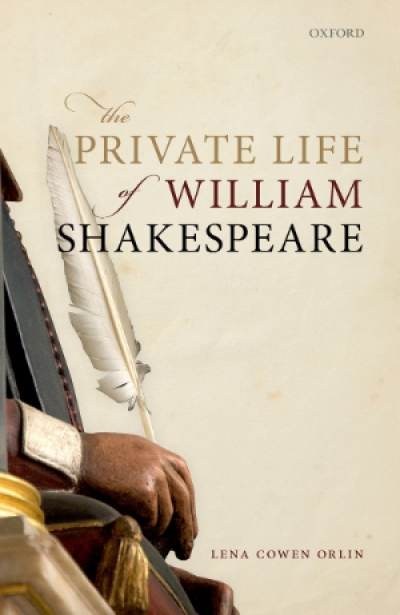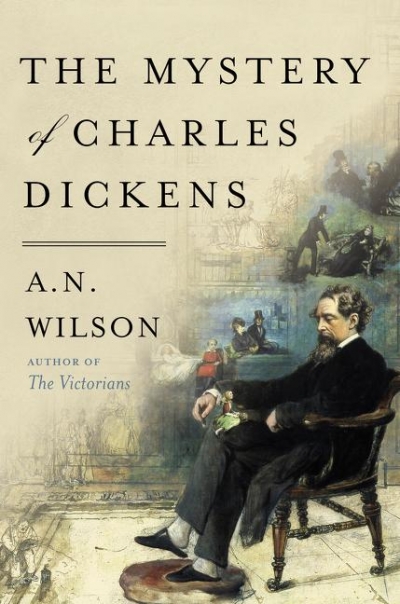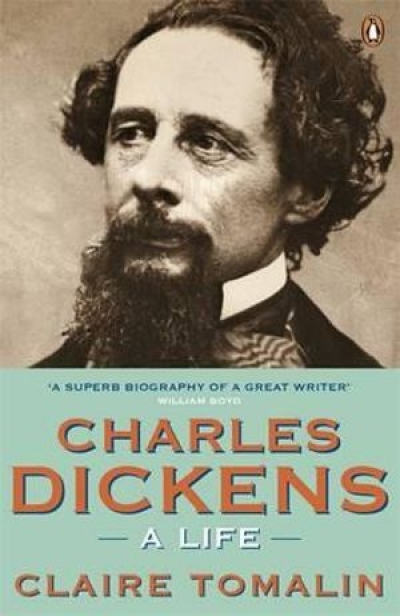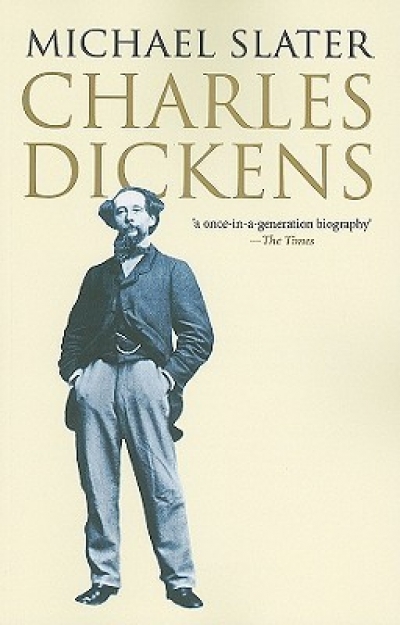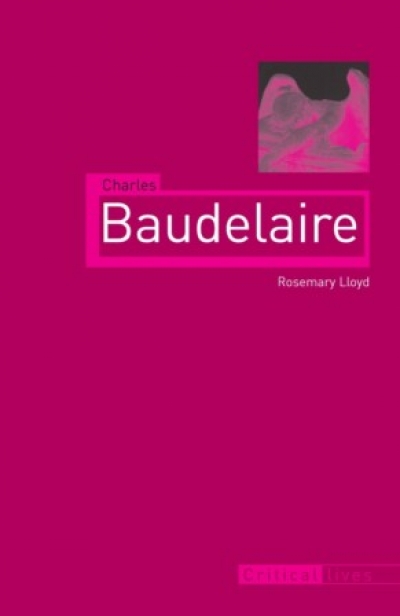Accessibility Tools
- Content scaling 100%
- Font size 100%
- Line height 100%
- Letter spacing 100%
Literary Biography
The ABR Podcast
Released every Thursday, the ABR podcast features our finest reviews, poetry, fiction, interviews, and commentary.
Subscribe via iTunes, Stitcher, Google, or Spotify, or search for ‘The ABR Podcast’ on your favourite podcast app.
Episode #196
Links in the Chain: Legacies of British slavery in Australia
By Georgina Arnott
In this week’s ABR Podcast, we feature an essay from the ABR archive: ‘Links in the Chain: Legacies of British slavery in Australia’ by Georgina Arnott. In this essay, Arnott considers how the field of Australian history will be reshaped by emerging links between British slavery in the Caribbean and early settlers to the Australian colonies. Georgina Arnott is ABR Assistant Editor and the author of several articles on the legacies of colonialism in Australia and two biographical works. Listen to Georgina Arnott’s ‘Links in the Chain: Legacies of British slavery in Australia’, published in the August 2020 issue of ABR.
Recent episodes:
Shirley Hazzard is widely regarded as one of Australia’s finest novelists, even though she published only four novels during her long lifetime. Now, Professor Brigitta Olubas from the University of New South Wales has written the first major literary biography of the writer in Shirley Hazzard: A writing life (Virago/Farrar, Straus and Giroux). In this week’s ABR podcast, ABR Editor Peter Rose interviews Professor Olubas about her study of the ‘complex, alluring, peripatetic artist’.
... (read more)Ann-Marie Priest’s My Tongue Is My Own, published by La Trobe University Press and reviewed in our June issue, is the first authorised biography of the Australian poet Gwen Harwood (1920–1995). Unsurprisingly, this was not the first attempt to record the life of one of Australia’s most loved and admired poets. In an exclusive feature for ABR, John Harwood reflects on the conflicting motives behind his literary executorship of his mother’s estate – an estate holding the secrets to an at-times fractious marriage between two opposing temperaments.
... (read more)

